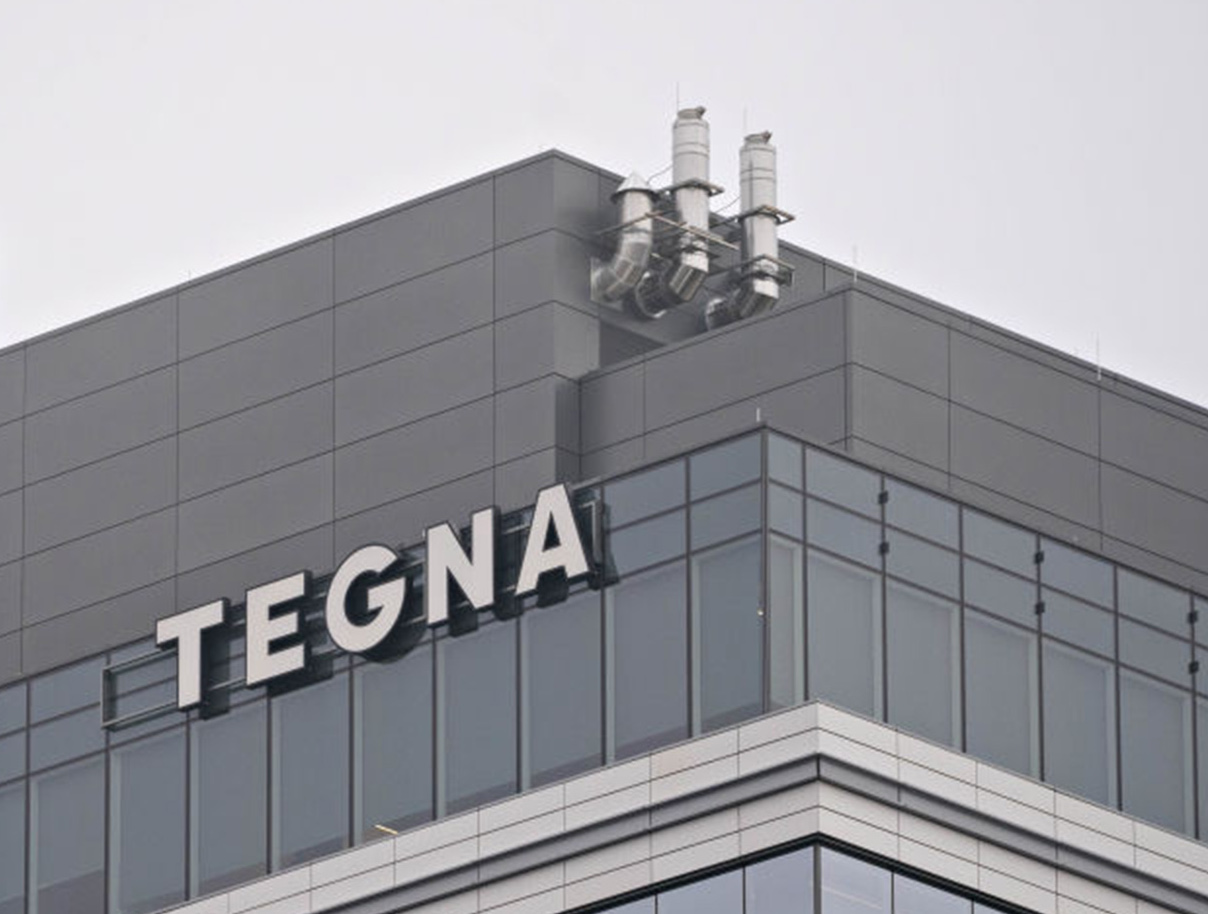FCC: No Trucker TV in the 2 GHz BAS/ENG Band
The FCC this week denied Clarity Media's request for a waiver of the Cable TV Relay Service (CARS) rules to allow it to operate a multichannel video distribution service at Flying J truck stops.
The company's plan would have used all but one MHz of the 2025-2110 MHz band, which is heavily used by broadcasters for ENG operations. The band is also used for fixed broadcast auxiliary service and CARS links. NASA uses the spectrum for command and control communications for various space missions and the Department of Defense will be using it for uplinks to military satellites. In the order, the FCC said, "Clarity has failed to establish that granting this waiver request would not subject these primary services to additional harmful interference, or how such additional interference would produce countervailing public interest benefits." It concluded, "...we deny Clarity's request. Clarity has not met its burden of demonstrating how its waiver request serves the public interest."
As previously discussed in RF Report, broadcasters were concerned that Clarity's use of the entire ENG band could interfere with ENG operations and that the procedures Clarity proposed for shutting down operations if interference did result were insufficient. The FCC agreed. It also agreed that Clarity's operation posed interference risks to other operations in the 2 GHz band and that the tests Clarity conducted did not show the operation would protect BAS ENG operations. The FCC agreed with comments that Clarity's waiver request failed to show that no alternatives were available. Indeed, the FCC listed alternatives, which included unlicensed spectrum, purchasing spectrum in an auction or leasing spectrum.
"Clarity cites cost and the burden of negotiations as the main reasons it is unable to pursue other options," the FCC said in issuing its order. "We reject these grounds to justify waivers that have the potential to inflict harm on incumbent users."
The Society of Broadcast Engineers, the National Association of Broadcasters, the Association for Maximum Service Television, station groups and individual stations filed comments opposing Clarity's waiver request.
David Donovan, president of MSTV, said, "The Association for Maximum Service Television Inc. ("MSTV") commends the FCC and its Media Bureau for promptly dismissing some 257 CARS applications and related waiver requests of Clarity Media Systems LLC ("Clarity Media"), which had sought to operate a wireless cable service under the guise of a cable relay license. This decision rightly protects the ability of local communities to receive live, on-the-scene news coverage from their local television broadcasters, particularly during times of emergency. Like MSTV, NAB and a diverse coalition of concerned stations, the FCC recognized that the public's need for potentially life-saving news coverage comes first."
The professional video industry's #1 source for news, trends and product and tech information. Sign up below.
